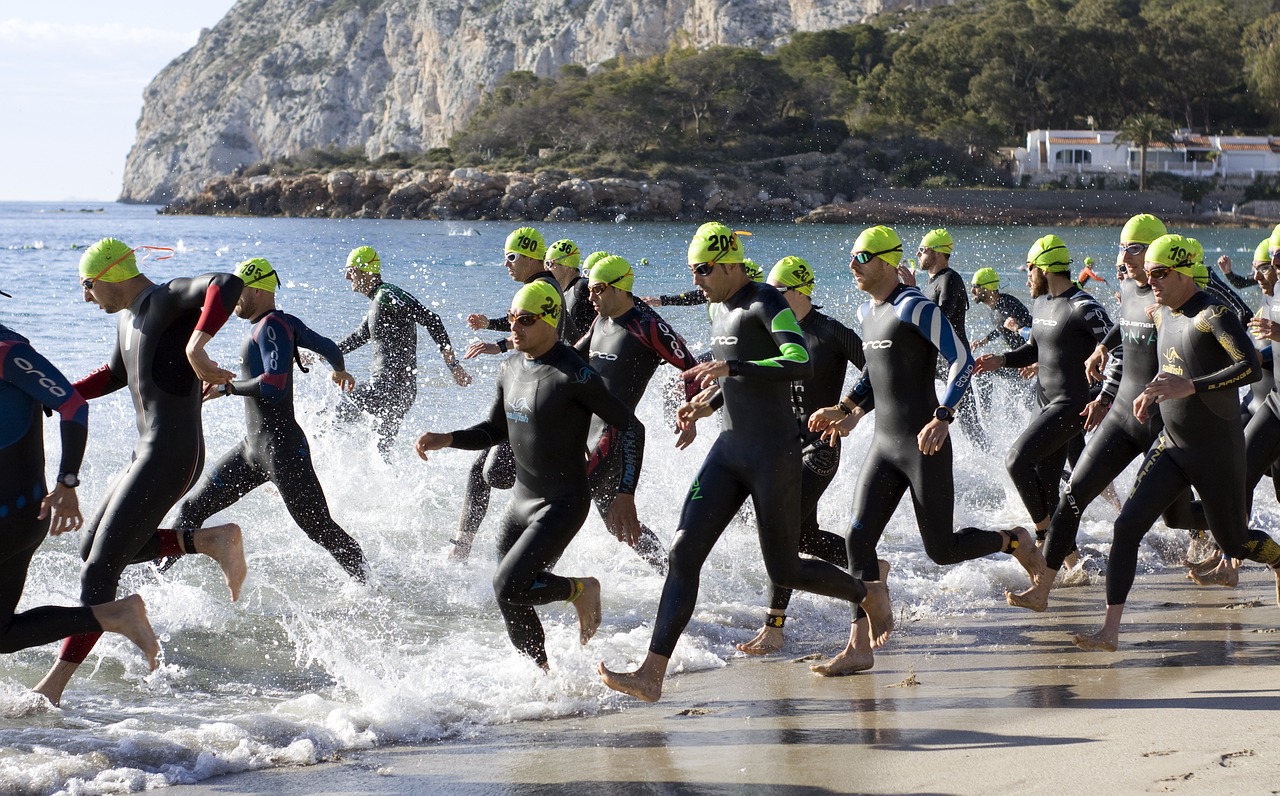Immunological Considerations for Cricket Event Planning and Execution: Golden exchange id, Cricbet99 register, King casino 567
golden exchange id, cricbet99 register, king casino 567: Planning and executing a successful cricket event involves a myriad of factors to consider, with one of the most important being immunological considerations. In light of the ongoing COVID-19 pandemic, it is crucial to prioritize the health and safety of all participants, spectators, and staff involved in the event. By incorporating immunological principles into your event planning and execution, you can help reduce the risk of transmission of infectious diseases and ensure a safe and enjoyable experience for everyone.
Here are some key immunological considerations to keep in mind when organizing a cricket event:
1. Risk Assessment: Before proceeding with any event planning, it is essential to conduct a thorough risk assessment to identify potential hazards and determine the level of risk associated with organizing the event. Consider factors such as the current prevalence of infectious diseases in the community, the vaccination status of participants, and any travel restrictions or quarantine requirements in place.
2. Venue Selection: Choose a venue that allows for adequate ventilation and physical distancing measures to be implemented. Outdoor venues are preferable to indoor ones as they reduce the risk of viral transmission. Additionally, ensure that the venue has sufficient hand hygiene facilities, such as handwashing stations or hand sanitizer dispensers.
3. Participant Screening: Implement robust screening measures for all participants, including players, coaches, and officials. Conduct temperature checks upon entry to the venue and ask participants to fill out a health declaration form to screen for symptoms of infectious diseases. Anyone exhibiting symptoms should be excluded from the event and advised to seek medical attention.
4. Personal Protective Equipment (PPE): Provide PPE, such as face masks and gloves, to all participants and staff to reduce the risk of transmission of infectious diseases. Encourage everyone to wear masks, especially in situations where physical distancing may be challenging, such as during team huddles or celebrations.
5. Hygiene Protocols: Implement stringent hygiene protocols, including regular handwashing and sanitization of high-touch surfaces. Provide hand sanitizers throughout the venue and encourage frequent hand hygiene practices among participants and spectators. Additionally, promote respiratory etiquette, such as covering coughs and sneezes with a tissue or elbow, to prevent the spread of respiratory droplets.
6. Vaccination Campaigns: Encourage all participants to get vaccinated against preventable infectious diseases, such as influenza and COVID-19. Consider partnering with local healthcare providers to offer on-site vaccination clinics or provide information on where participants can receive vaccinations in their community.
7. Communication Strategies: Develop clear and concise communication strategies to disseminate important information about immunological considerations to all stakeholders involved in the event. Use multiple channels, such as social media, email newsletters, and posters at the venue, to communicate key messages effectively.
8. Contingency Planning: Develop a comprehensive contingency plan in case of an outbreak of infectious diseases during the event. Identify key response measures, such as isolation protocols for ill participants and contact tracing procedures, to minimize the spread of disease and protect the health of all individuals involved.
By incorporating these immunological considerations into your cricket event planning and execution, you can help create a safe and healthy environment for all participants, spectators, and staff. Prioritizing immunological principles is essential in minimizing the risk of infectious disease transmission and ensuring the success of your event. Remember, the health and safety of everyone involved should always be the top priority.
—
FAQs
Q: Can COVID-19 be transmitted through sports equipment?
A: While the risk of COVID-19 transmission through sports equipment is low, it is essential to clean and disinfect equipment regularly to reduce the risk of contamination.
Q: Should participants be required to wear masks during gameplay?
A: It is advisable for participants to wear masks during gameplay, especially in situations where physical distancing may not be possible. However, individual risk assessments should be conducted based on the prevalence of COVID-19 in the community.
Q: What should I do if a participant exhibits symptoms of an infectious disease during the event?
A: If a participant exhibits symptoms of an infectious disease, such as fever, cough, or shortness of breath, they should be isolated from others and advised to seek medical attention immediately. Contact local health authorities for further guidance on testing and contact tracing procedures.







